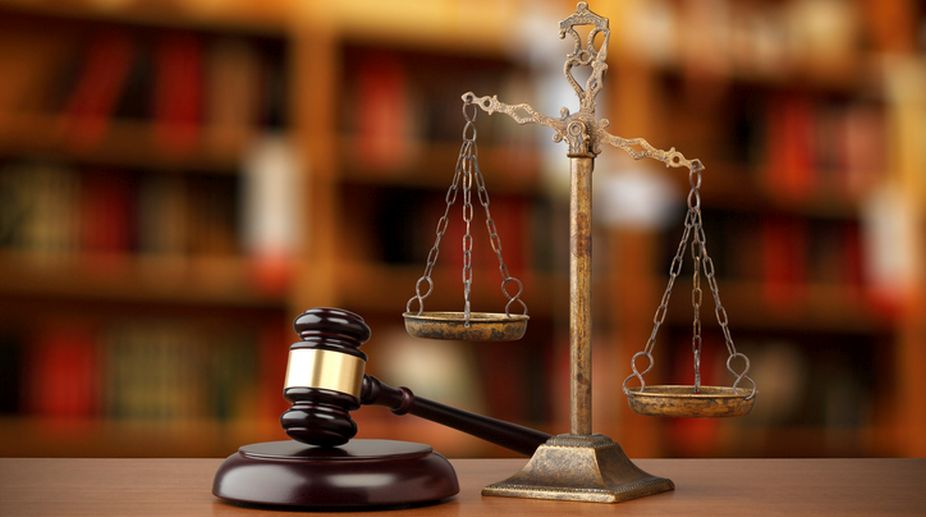Exploring the roots: From prehistoric beginnings to modern faiths
The reviewer teaches English at the Government-sponsored Sailendra Sircar Vidyalaya, Shyambazar, Kolkata.

Representational image (Photo: Getty Images)
For Karl Marx, the media was the “most general way for individuals to communicate their intellectual being. It knows no reputation of a person, but only the reputation of intelligence.” He was of the view that a revolutionary movement must partake in public life and educate the proletariat and that it is necessary to protect free speech, as newspapers are the primary instruments of public communication. Therefore, many new nations built either by revolution, partition or voluntary grants of dominion, in their written constitutions defined the scope of the government’s power and guaranteed rights of citizens who had but recently been subjects with little voice in their own affairs.
Some observers have viewed sceptically the repeated constitutional enunciation of democratic freedoms including freedom of media. The sceptics have doubted whether concepts deep-rooted in the experiences of Britain or the United States, for example, could effectively be transported to lands where different traditions and values had long prevailed. In our case the scepticism was more deep-seated because of unpleasant British Rule.
Many repressive laws were decreed by the alien government to throttle the liberty of the Press. Act XV of 1857, Act XXV 1867, The Press and Books Registration Act, 1867, The
Advertisement
Vernacular Press Act (The Gagging Act), The Newspapers (Incitement of Offences) Act, 1908, Indian Press Act, 1910, The Indian Press (Emergency Powers) Act 1931, Foreign Relations Act 1932, The Press (Special Powers) Act, 1947 are just a few. In addition, the Indian Penal Code also contained several legal provisions which could be used to limit the freedom of media. To some extent, the very existence of a free India pivoted upon the validity of this scepticism that in at least one of the new nations, the soil was well prepared to nourish the basic freedom, the freedom to express
difference of opinion and freedom of media.
With independence, the people of India fantasised about breathing freely and by the Constitution which they gave to themselves brushed aside all vestiges of subordination which the tyranny of the alien rulers had imposed upon them and declared all laws inconsistent with the fundamental rights to be void as if they had never been passed and had never existed. However, within hardly a year or so the constitutional dream was diluted with the First amendment of the Constitution that equipped the government with wider powers to stifle liberty by incorporating the phrase “public Order” and the Press Objectionable Matters Act, 1951, like those passed during 1910 and 1931.
This Act after much hostility was allowed to lapse and Pt. Jawaharlal Nehru had to announce the appointment of a Press Commission which resulted in the Press Council Act, 1965. Mrs. Gandhi’s period saw the strident confrontation between the Government and the press. Central Censorship orders were passed under the Maintenance of Internal Security Act 1971. The Defence of India Act 1971 and other Acts came into force during this period. The Press Council (Repeal) Act 1976 repealed the Press Council Act and abolished the Press Council. The Parliamentary Proceeding (Protection of Publication) Act, 1976 was too repealed to curb the freedom of press. Some curative measures were taken by the ensuing government but the executive under the existing laws is still adequately equipped to restrain the liberty of press.
The recent pandemonium on exhibition of the movie Padmavati, a famous character who appeared in Malik Muhammad Jayasi’s 1540 AD poem ‘Padmavat’, is an unconcealed specimen of the fact that Indian soil is not yet prepared to nurture the freedom of speech. The film is facing massive protests from fringe groups like ‘Rajput Karni Sena’. The Sena and its ideological vanguards in January (2017) destroyed the film sets, assaulted Bhansali and forced him to shift the venue. They are now publicly and bizarrely showing the courage to issue death threats to producer and actors of the film. It has blocked the historic Chittorgarh Fort for tourists and called for Bharat Bandh on 1 December 2017.
Instead of taking stern action against these fringe elements, government of Rajasthan and some other States are obliquely encouraging them to do more mischief. If these state leaders are using this strategy for possible electoral gains now or in the future, they must realise that such actions go against the spirit of the Constitution and dilute the recent Supreme Court verdict in Abhiram Singh v. C. D. Commachen (2017) which affirmed that polarising voters in the name of religion, caste or community amounts to a corrupt practice.
Any alleged distortion of historical facts must be dealt with in accordance with the procedure established by law. The Indian Cinematograph Act, 1952 and the Cinematograph (Certification) Rules 1983 empower the Central Board of Film Certification “the Censor Board” a regulatory body under the Act, to grant permission to exhibit the film with conditions, without conditions or refuse permission as it thinks appropriate. To bring objectivity in its decision and to study the impact of film on the public, it is mandated that Board may hold seminar of film critics, writers, historians, community leaders and persons engaged in the film industry. Central government is also vested with revision powers under the Act to deal with any exigencies.
Failing all, we have our constitutional courts which have upheld freedom of speech as an uninhibited marketplace of ideas in which truth will ultimately prevail, rather than to countenance monopolisation of that market whether by the Government itself or a private licensee. People have the right to protest but by constitutional means. The government is bound to ensure that rule of law would reign in all circumstances and at any cost. The subsistence of private armies /sena/vigilantes is frightening and must be outlawed.
The writer is Associate Professor of Law, National Law University, Odisha
Advertisement